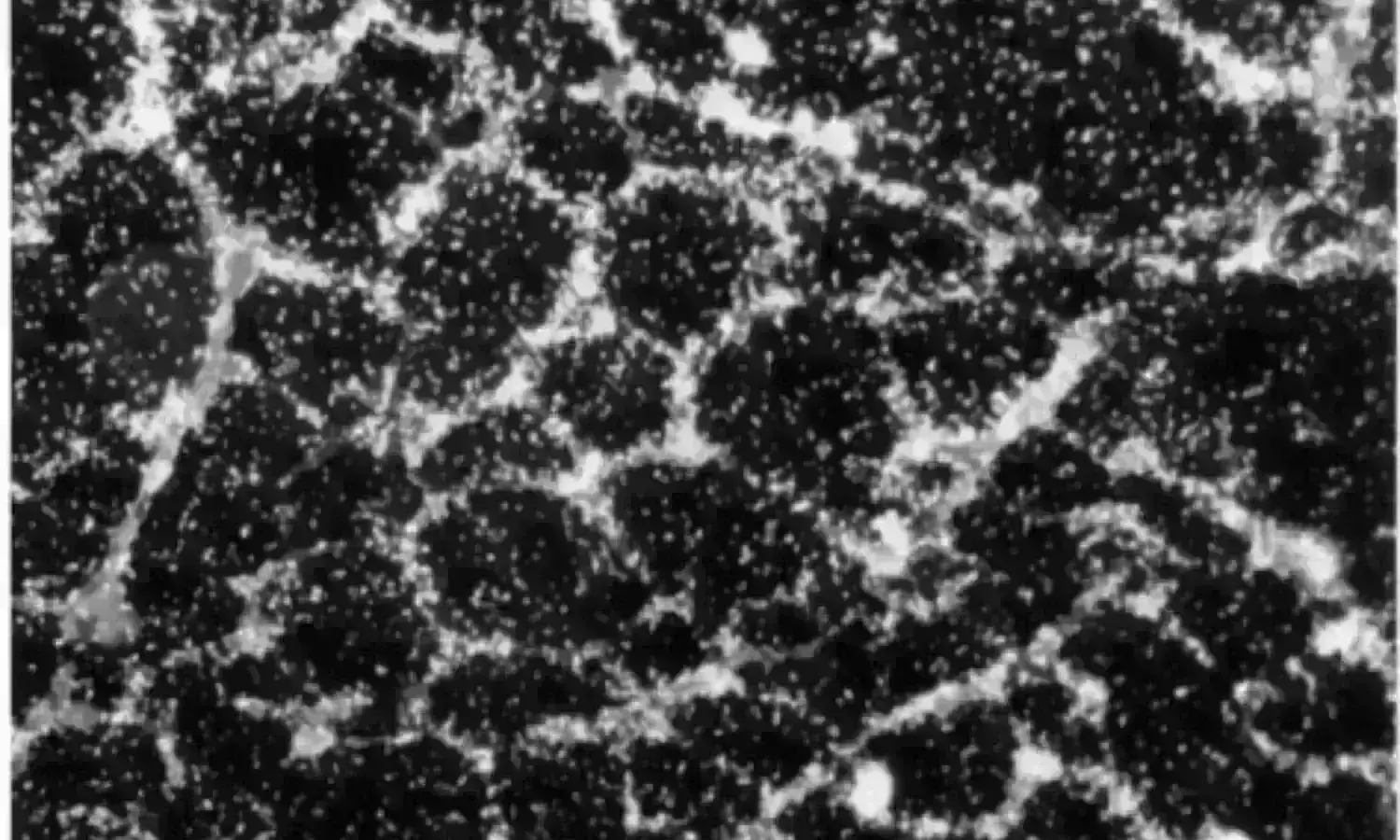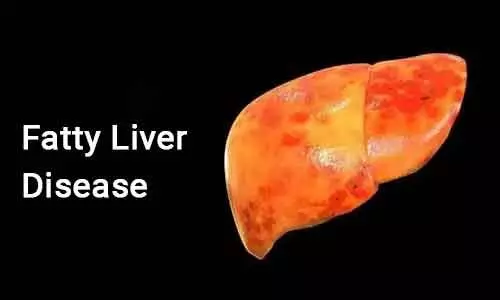- Home
- Medical news & Guidelines
- Anesthesiology
- Cardiology and CTVS
- Critical Care
- Dentistry
- Dermatology
- Diabetes and Endocrinology
- ENT
- Gastroenterology
- Medicine
- Nephrology
- Neurology
- Obstretics-Gynaecology
- Oncology
- Ophthalmology
- Orthopaedics
- Pediatrics-Neonatology
- Psychiatry
- Pulmonology
- Radiology
- Surgery
- Urology
- Laboratory Medicine
- Diet
- Nursing
- Paramedical
- Physiotherapy
- Health news
- Fact Check
- Bone Health Fact Check
- Brain Health Fact Check
- Cancer Related Fact Check
- Child Care Fact Check
- Dental and oral health fact check
- Diabetes and metabolic health fact check
- Diet and Nutrition Fact Check
- Eye and ENT Care Fact Check
- Fitness fact check
- Gut health fact check
- Heart health fact check
- Kidney health fact check
- Medical education fact check
- Men's health fact check
- Respiratory fact check
- Skin and hair care fact check
- Vaccine and Immunization fact check
- Women's health fact check
- AYUSH
- State News
- Andaman and Nicobar Islands
- Andhra Pradesh
- Arunachal Pradesh
- Assam
- Bihar
- Chandigarh
- Chattisgarh
- Dadra and Nagar Haveli
- Daman and Diu
- Delhi
- Goa
- Gujarat
- Haryana
- Himachal Pradesh
- Jammu & Kashmir
- Jharkhand
- Karnataka
- Kerala
- Ladakh
- Lakshadweep
- Madhya Pradesh
- Maharashtra
- Manipur
- Meghalaya
- Mizoram
- Nagaland
- Odisha
- Puducherry
- Punjab
- Rajasthan
- Sikkim
- Tamil Nadu
- Telangana
- Tripura
- Uttar Pradesh
- Uttrakhand
- West Bengal
- Medical Education
- Industry
Expression of Leptin mRNA can be used as biomarker for diagnosing diabetes, study finds

Leptin mRNA expression can be used as a predictive and diagnostic biomarker for type 2 diabetes mellitus (T2DM).
Saudi Arabia: The study published in the International Journal of Clinical Practice showed that a reduced level of leptin mRNA expression is significantly associated with type 2 diabetes. And, can be used as a diagnostic and predictive biomarker for T2DM.
Leptin is a protein secreted by white adipose tissue that participates in the regulation of body weight by increasing energy intake and decreasing food intake. It plays a role in the regulation of body weight, energy balance, and glucose metabolism. Rowyda N. Al-Harithy and Amani S. Alomari from King AbdulAziz University, Jeddah, Saudi Arabia, aimed to evaluate leptin mRNA expression as a predictive biomarker in T2DM.
The researchers performed a Quantitative Real-Time Polymerase Chain reaction (qRT-PCR) on samples collected from 71 T2DM patients and 32 non-diabetic controls. to detect the expression patterns of leptin mRNA. To assess the discriminatory power of leptin mRNA, the Receiver Operating Characteristic Curve (ROC) was utilized.
The research yielded the following findings:
- leptin mRNA levels were reduced significantly in diabetic patients compared to non-diabetic controls.
- The ROC curve analysis showed a significant association between leptin mRNA levels and T2DM, with a high area under the ROC curve (AUC) of 0.95.
- The analysis also showed that FBG and HbA1c had high AUC values of 0.88 and 0.97with respectively.
The researchers concluded, "our study shows that the reduced leptin mRNA expression level is significantly associated with T2DM and could be used as a predictive and diagnostic biomarker for T2DM."
Reference:
The study titled, "Expression of Leptin mRNA as Non-Invasive Biomarker in Type 2 Diabetes Mellitus," is published in the International Journal of Clinical Practice.
DOI: https://onlinelibrary.wiley.com/doi/10.1111/ijcp.14844
Dr Kamal Kant Kohli-MBBS, DTCD- a chest specialist with more than 30 years of practice and a flair for writing clinical articles, Dr Kamal Kant Kohli joined Medical Dialogues as a Chief Editor of Medical News. Besides writing articles, as an editor, he proofreads and verifies all the medical content published on Medical Dialogues including those coming from journals, studies,medical conferences,guidelines etc. Email: drkohli@medicaldialogues.in. Contact no. 011-43720751




